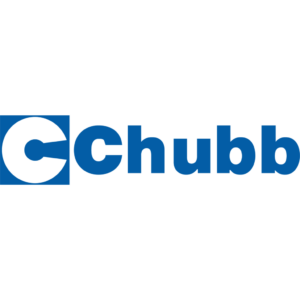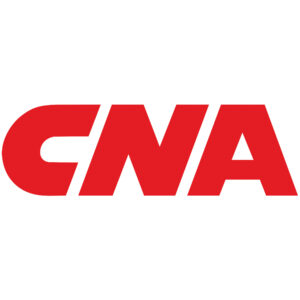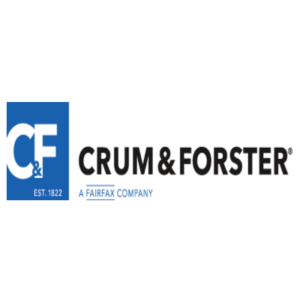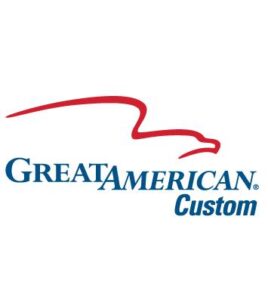Handyman Insurance
Our handyman insurance provides reliable coverage for all your day-to-day activities.
Protect Your Business with Handyman Insurance – Build a Solid Framework for Safety
Handyman insurance is a specialized form of insurance designed to protect individuals or businesses that provide handyman services from various risks and liabilities associated with their work. These professionals typically perform a wide range of tasks, such as home repairs, maintenance, remodeling, and small construction projects.
Handyman insurance policies typically include coverage options like general liability insurance, which protects against third-party claims for bodily injury or property damage, and property insurance, which covers tools, equipment, and vehicles used in the handyman business. This insurance is essential for safeguarding against unexpected accidents, property damage, or legal disputes that can arise while providing handyman services, allowing these professionals to work with confidence while minimizing financial risks.
The Importance of handyman insurance
Handyman insurance is of paramount importance for individuals or businesses offering handyman services due to several compelling reasons. Firstly, it provides financial protection in the event of accidents, injuries, or property damage that may occur while performing handyman tasks, which can be common in this line of work. Secondly, it safeguards against potential liability claims from clients or third parties, covering legal expenses, settlements, or judgments that may arise from disputes or accidents. Thirdly, it can be a contractual requirement for obtaining work, as clients often insist on proof of insurance to ensure they are protected in case of any mishaps.
Moreover, handyman insurance enhances the credibility and professionalism of the handyman business, instilling trust and confidence in clients. Ultimately, it allows handyman professionals to focus on their work with peace of mind, knowing they have financial protection in place to handle unexpected challenges and legal liabilities.
Commercial Insurance Quote
Discover what handyman insurance coverage includes:
Handyman insurance coverage typically includes several key components designed to protect individuals or businesses providing handyman services. The specific coverage options can vary depending on the insurance policy and provider, but here are some common inclusions:
General Liability Insurance: This coverage protects against third-party claims for bodily injury or property damage that may occur during handyman work. It covers medical expenses, legal defense costs, and settlements or judgments resulting from accidents or injuries on the job site.
Property Insurance: Property coverage extends to tools, equipment, and vehicles used in the handyman business. It helps cover the cost of repair or replacement in case of damage or theft.
Business Interruption Insurance: Provides financial support if a covered event, such as a fire or natural disaster, disrupts business operations, leading to lost income and ongoing expenses.
Commercial Auto Insurance: Necessary if the handyman uses vehicles for business purposes, this insurance covers accidents, property damage, and liability associated with company vehicles.
Inland Marine Insurance: Offers coverage for tools and equipment while in transit to and from job sites, protecting against damage or theft during transportation.
Workers’ Compensation Insurance: Required in most jurisdictions, workers’ compensation insurance covers medical expenses and lost wages for employees who are injured on the job.
Tools and Equipment Floater: A specialized policy that provides additional coverage for tools and equipment used in the handyman trade, including protection against damage or theft.
Contractor’s Pollution Liability Insurance: Important for handyman tasks involving potentially hazardous materials, this coverage addresses environmental liability claims resulting from pollution or contamination.
Errors and Omissions (E&O) Insurance: If a handyman provides design or consulting services, E&O insurance can protect against claims of professional negligence or errors in the advice or services provided.
Surety Bonds: Not insurance per se, but a bond that can provide assurance to clients that the handyman will complete the contracted work as agreed. It offers financial protection to clients in case of non-performance.
Cyber Liability Insurance: Important if the handyman business handles customer data electronically, this coverage protects against data breaches, cyberattacks, and data loss.
Legal Expense Insurance: Covers legal expenses associated with disputes, contracts, or legal matters that may arise in the handyman business.
The specific coverage options and limits within a handyman insurance policy can be customized to meet the unique needs of each handyman or business, depending on factors like the size of the operation, services offered, and the types of projects undertaken. Working with an experienced insurance provider can help tailor a policy to address the specific risks and liabilities faced in the handyman industry.

As a handyman, protecting your business with an insurance policy is crucial.
Reach out to us for a personalized consultation and explore the coverage options that suit your specific needs.
Companies We Work With






















